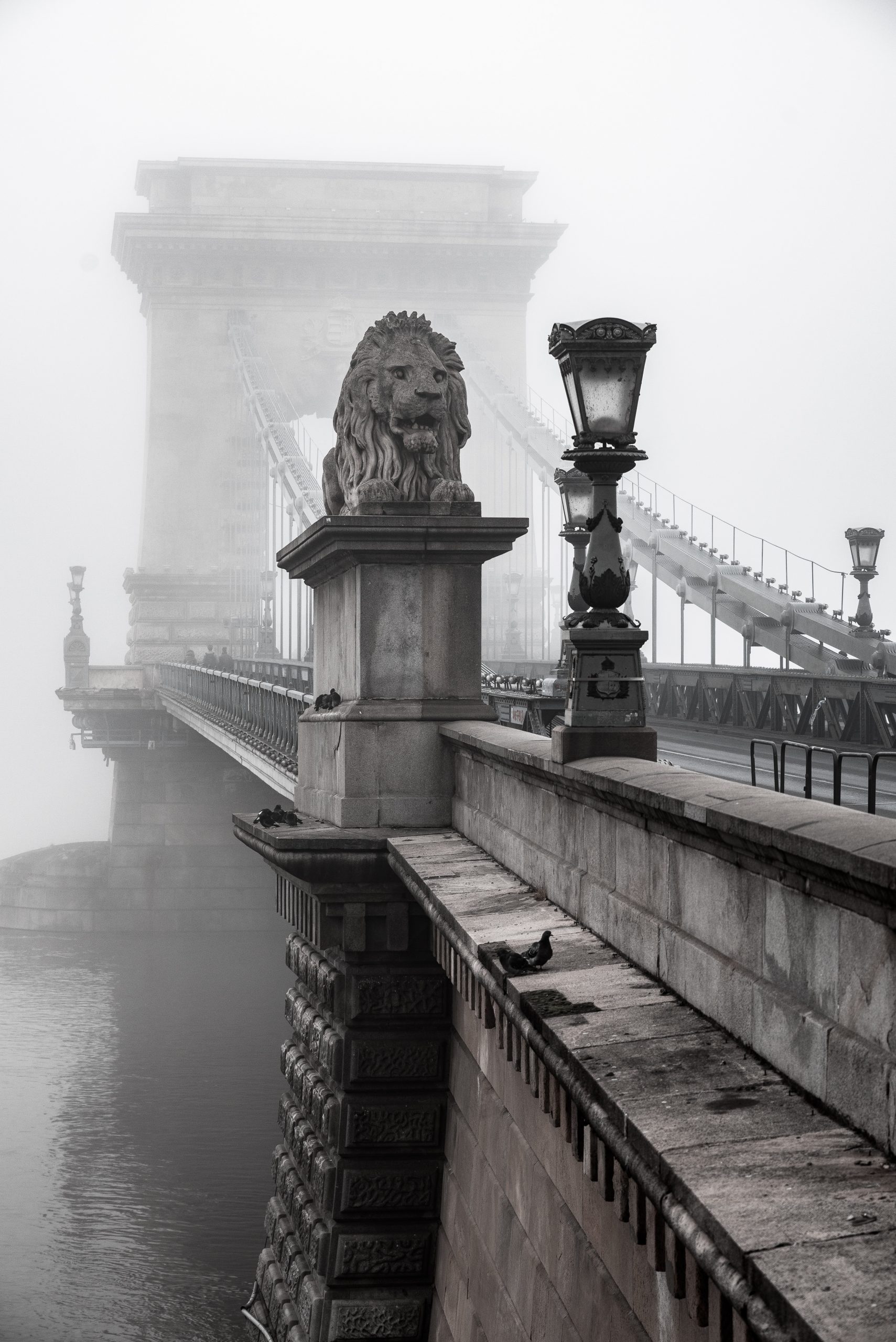
By Susanne Berger and Vadim Birstein
 In 2012, the world commemorated the 100th anniversary of the birth of Raoul Wallenberg, the Swedish diplomat who saved thousands of Hungarian Jews from certain death at the hands of the Nazi regime in World War II. In January 1945, Wallenberg himself became a victim when he was arrested in Budapest by advancing Soviet troops. He later disappeared without a trace in a Moscow prison and the full circumstances of his fate have never been revealed In December 2013, the Mauermuseum of Berlin honored Raoul Wallenberg’s siblings Guy von Dardel and Nina Lagergren with the Rainer Hildebrandt Medal to recognize their more than six- decade long fight for their brother. While Nina Lagergren’s work to preserve Raoul Wallenberg’s legacy has received broad international attention, Guy von Dardel’s efforts to trace his brother’s path through Soviet imprisonment are not quite as well known.
In 2012, the world commemorated the 100th anniversary of the birth of Raoul Wallenberg, the Swedish diplomat who saved thousands of Hungarian Jews from certain death at the hands of the Nazi regime in World War II. In January 1945, Wallenberg himself became a victim when he was arrested in Budapest by advancing Soviet troops. He later disappeared without a trace in a Moscow prison and the full circumstances of his fate have never been revealed In December 2013, the Mauermuseum of Berlin honored Raoul Wallenberg’s siblings Guy von Dardel and Nina Lagergren with the Rainer Hildebrandt Medal to recognize their more than six- decade long fight for their brother. While Nina Lagergren’s work to preserve Raoul Wallenberg’s legacy has received broad international attention, Guy von Dardel’s efforts to trace his brother’s path through Soviet imprisonment are not quite as well known.
Guy Fredrik von Dardel was born in Sweden on August 26, 1919. Like his half-brother Raoul, who was seven years his senior, and his younger sister Nina, Guy was raised in the capital city of Stockholm. During the 1940s, he attended the Swedish Royal Institute of Technology (KTH), where he also completed his doctorate in physics in 1953. A year later, he and his young family moved to Geneva, where he became one of the pioneers in building up the world´s largest particle physics laboratory, the European Organization for Nuclear Research (CERN).
Photo: Raoul Wallenberg’s siblings Guy von Dardel and Nina Lagergren, 1989.
PDF A Memorial more durable than Marble
By Susanne Berger, Lorraine L. Borgolini and Judisk Krönika
The story of Raoul Wallenberg, the Swedish businessman who went to Hungary in 1944 to rescue the Jews of Budapest, bears all the hallmarks of a Greek tragedy: Young and idealistic, he fought one totalitarian regime (Nazism) only to fall victim to another (Stalinism). As such, his case seamlessly links the two defining events of the 20th Century, the Holocaust and the Cold War. After having helped thousands of Hungarian Jews to survive, Raoul Wallenberg was arrested by Soviet troops in January 1945 and disappeared. The official Soviet claim that Wallenberg died or was killed in a Moscow prison on July 17,1947 has never been substantiated and the search for him continues. However, in the age of Bosnia, Rwanda and Darfur, spreading WMDs and global warming: Does it make sense and is there any justification to insist on the truth about one man who disappeared sixty-two years ago?
September 1, 2007
PDF Why Raoul Wallenberg Matters